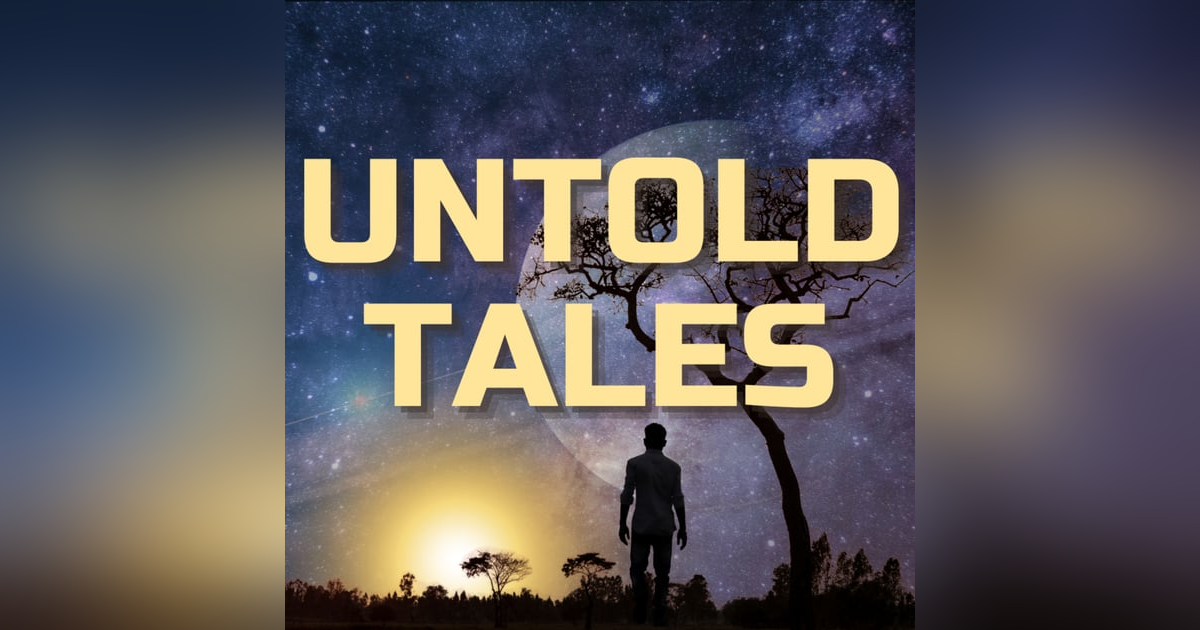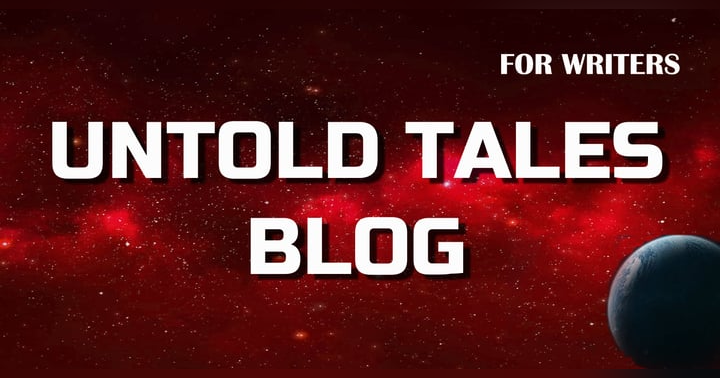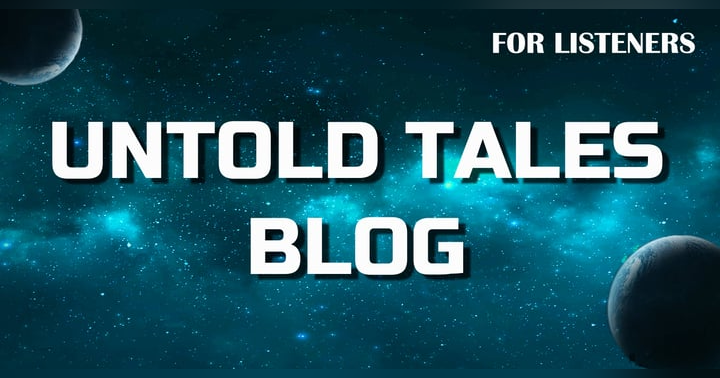Searching for the Five Percent

When the noted science fiction author, Theodore Sturgeon, once appeared as the guest of honor at a Science Fiction Convention, he made a comment that has become classic. It has since become part of the Murphy’s Laws corollaries and is a favorite of cynics and critics around the world. Its origin, however, remains closely associated with the Science Fiction genre and is appropriate for review here.
Anyway, back to the convention. In accordance with traditions that date back to the earliest of SF Cons, the convention staff received a number of unsolicited manuscripts from the attendees. While not obligated to do so, some of the staff plowed through these submissions and stayed up all night perusing them.
The next morning, when the convention reconvened, the staff started the day’s general session with a brief review of these works. They picked one would-be novel from the stack, opened it to a page, and read a single sentence. It was the worst line in the whole book and was so bad that the audience erupted in laughter. Abandoning that story, they selected another and read a single line from it, as well. It was worse than the first. Again, the assembly broke into hysterical laughter.
This recitation of ‘worst lines’ continued, to the amusement of the attendees and the shame of the unnamed authors, until one of the hosts simply pushed the stack of manuscripts off the table onto the floor. He then turned to Theodore Sturgeon and complained, “Ninety-five percent of this is crap.”
Legend has it that Theodore Sturgeon calmly replied, “Ninety-five percent of everything is crap.”
At least that’s how the story goes. In various retellings, the percentage ranges from to ninety to ninety-nine percent and Sturgeon is alleged to have originally used the word ‘crud’ instead of ‘crap’. In any case, the quote has become popular because it echoes a truth none of us can deny.
The majority of everything is substandard. The distribution of value across things in the real world seems to be skewed toward the low end. Those things of high (or even adequate) value seem disproportionately rare.
While the axiom was specifically targeted to Science Fiction, because of this random collection of unpublished manuscripts, it applies to almost everything; movies, television programs, music, diet foods, vacation locations, items at swap meets, bargains of all sorts, resolutions, promises, and people.
Note, the variations of this rule, which reflect higher percentages (ninety-five to ninety-nine percent) seem to apply specifically to legislation of all kinds, politicians and in-laws.
Nonetheless, in light of its origins, the axiom is particularly relevant to science fiction.
In reviewing submissions for a number of different SF publications, I find Sturgeon’s Law to be annoyingly consistent. Most of the material, which is submitted, is distressingly poor. (That is one reason that unread submissions are often referred to as ‘the slush pile’.) While all are submitted with the best of intentions, many with good ideas are often poorly written. Those that are well-written are often shallow and superficial. Some start great, but go nowhere; others start well only to fizzle at the end. Some just start badly and get worse.
Even when I buy published science fiction books in stores, I discover, over and over again, that most of them are disturbingly deficient. Perhaps this is one reason why many people do not like science fiction. There is simply too much poor-quality SF in print.
Indeed, despite my addiction to the genre, I find that nineteen out of twenty books I read were either not worth the price I paid for them, or not worth the time I invested to read them. Ninety-five percent of the books I buy are bland, uninspired, trite, shallow, poorly conceived, unoriginal, or shabbily executed tales that weren’t worth the cost of the purchase.
I find I am disappointed with most of the books that I do finish. In most cases, I force myself through them, with the absolute conviction that they have to get better, but they rarely do.
I wish this were not true, because I love good science fiction. I wish that I could claim that all of the science fiction out there is worth the list price of each book. Unfortunately, I would be dishonest if I let my love for science fiction distort my portrayal of the genre so grossly.
You would think this particular form of literary masochism would be self-correcting and that, as a result of such conditioning, I and the rest of the general populace would be driven to other genres (such as gothic romance, mystery, horror or humor).
Ah, but if you think this is true, you’ve missed the secret of Sturgeon’s Law!
What keeps loyal SF fans loyal is not the ninety-five percent that’s garbage; it’s the other five percent. It’s that rare subset of good books that keeps us coming back.
It may be hard to find, but you know it when you’ve found it. It’s that one book out of twenty that you can’t put down. It’s that one book you stumbled across that you end up reading in a single sitting or that you go back and re-read again, even though you know the ending. It’s that rare one you found that you end up telling your friends about, or you get excited about when you find someone else who read it, too. It’s that special one that you lend to friends, is (surprisingly?) never get returned, and that’s the one that you finally go out and repurchase another copy of, because you cherish it so much,
It’s the five-percent that captivates you and holds your imagination so completely that you lose yourself in a world of wonder and excitement and leave the real world far behind. It’s the rare one that makes you think things you’d barely imagined, or makes you feel things you’d thought you’d forgotten. It’s the “one out of twenty” that drives you back into the bookstore scanning the shelves and eventually forces you to buy a hundred more looking for one just like it.
Somehow that five percent is SO good that it makes the pain and discomfort of the other ninety-five percent worth the effort it took to find it. It is this quest (for that fraction of books out there) that makes the rest worth suffering through, and it is its uniqueness that, ultimately, keeps a lot of SF authors in business.
Understandably, this special nature affects the purchasing patterns of Science Fiction readers. Once they’ve found that rare or exceptional book that touches them, they tend to focus their future purchases to categories that might narrow down the search and enable them to locate other books that meet the standards of the original.
Sometimes, SF enthusiasts only buy books written by a short list of authors. Some restrict themselves to specific publishing companies. Some narrow down the books that they read to specific sub-genres, such as SF-horror, Hard-SF, space opera, or alternate history. Others restrict themselves further and will only by short stories, or novellas. I know some who will not buy a book unless they first read a review on it (by their favorite critic, of course).
In any case, many readers, once inflicted with the SF bug, soon experience disillusionment when they discover that most other SF simply doesn’t live up to their expectations. Eventually, they develop strong preferences which dictate what they will or will not buy.
Over time, if you don’t give up on the genre completely after plowing through the rest of the garbage out there, you may finally become inured to the fact that buying bad science fiction is the price you have to pay to find the really good stuff. Ultimately, the mass of poor stories out there, which are unfortunately labeled science fiction, make the good novels all the more precious and worthwhile.
It is frustrating sometimes and discouraging, but I guarantee, when you find one of the “five percent”, when you find that one-out-of-twenty, it will hold you and captivate you so completely that you will forget the rest.
I cannot promise that all the SF you read will be worthwhile. (Indeed, if you are discerning and have any sense of taste at all, I can almost guarantee that it won’t be.) Digging through the ninety-five percent of crap that’s out there won’t be easy. But I can promise that, when you find that one book in twenty that’s out there waiting for you, it will be worth all the effort it took to locate it.
Finding good SF is a lot like prospecting. You spend hours and days digging through dirt and wondering why you’re wasting all your time. You wonder what people with normal lives do with their time and consider giving up the search altogether. But, when you finally see that flash of gold, all that lost time is forgotten and all the effort has suddenly paid off.
Maybe, that’s the other unstated portion of Sturgeon’s Law. “Nine-five percent of everything is crap….but that last five percent is more precious than gold.”









